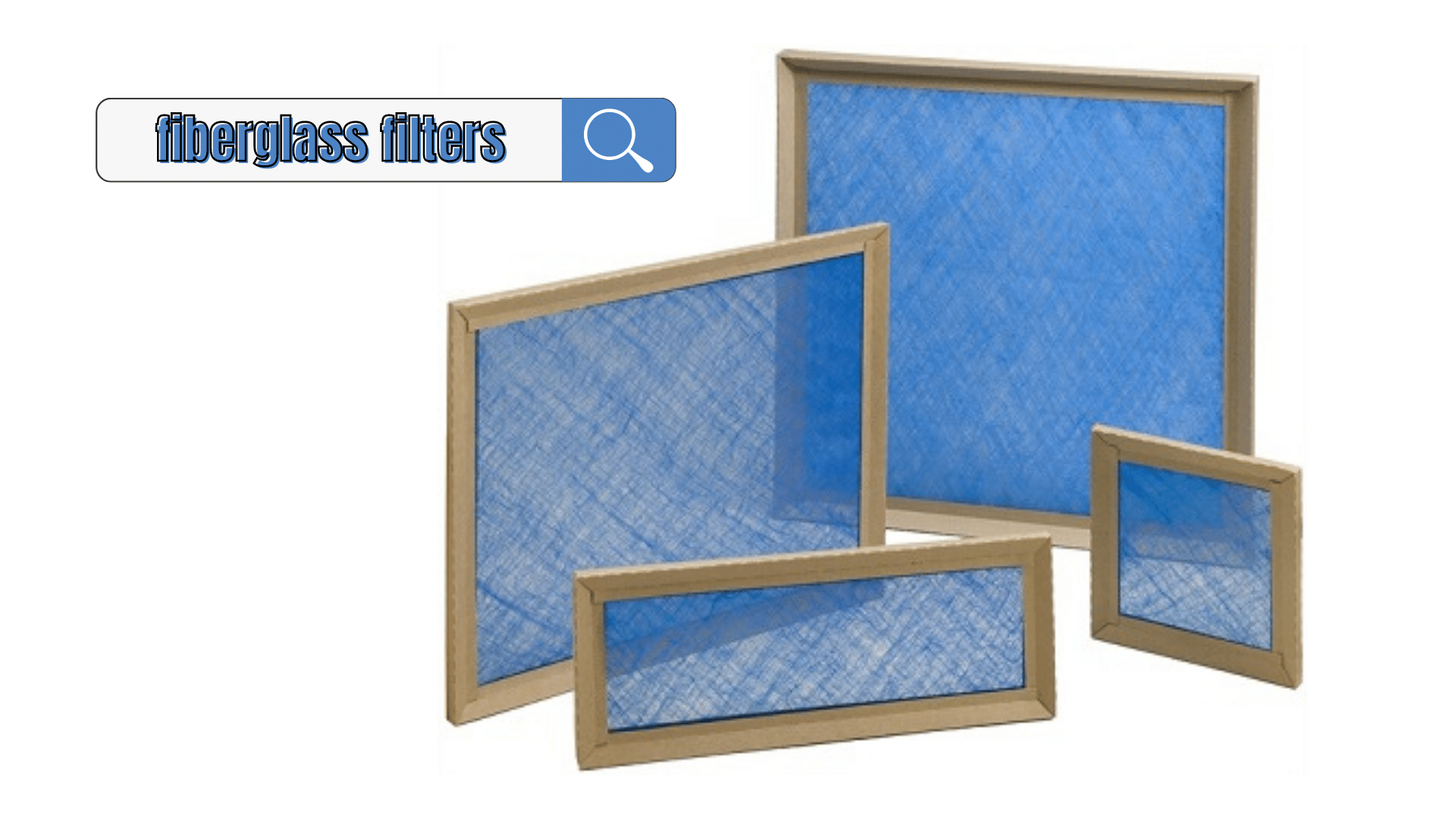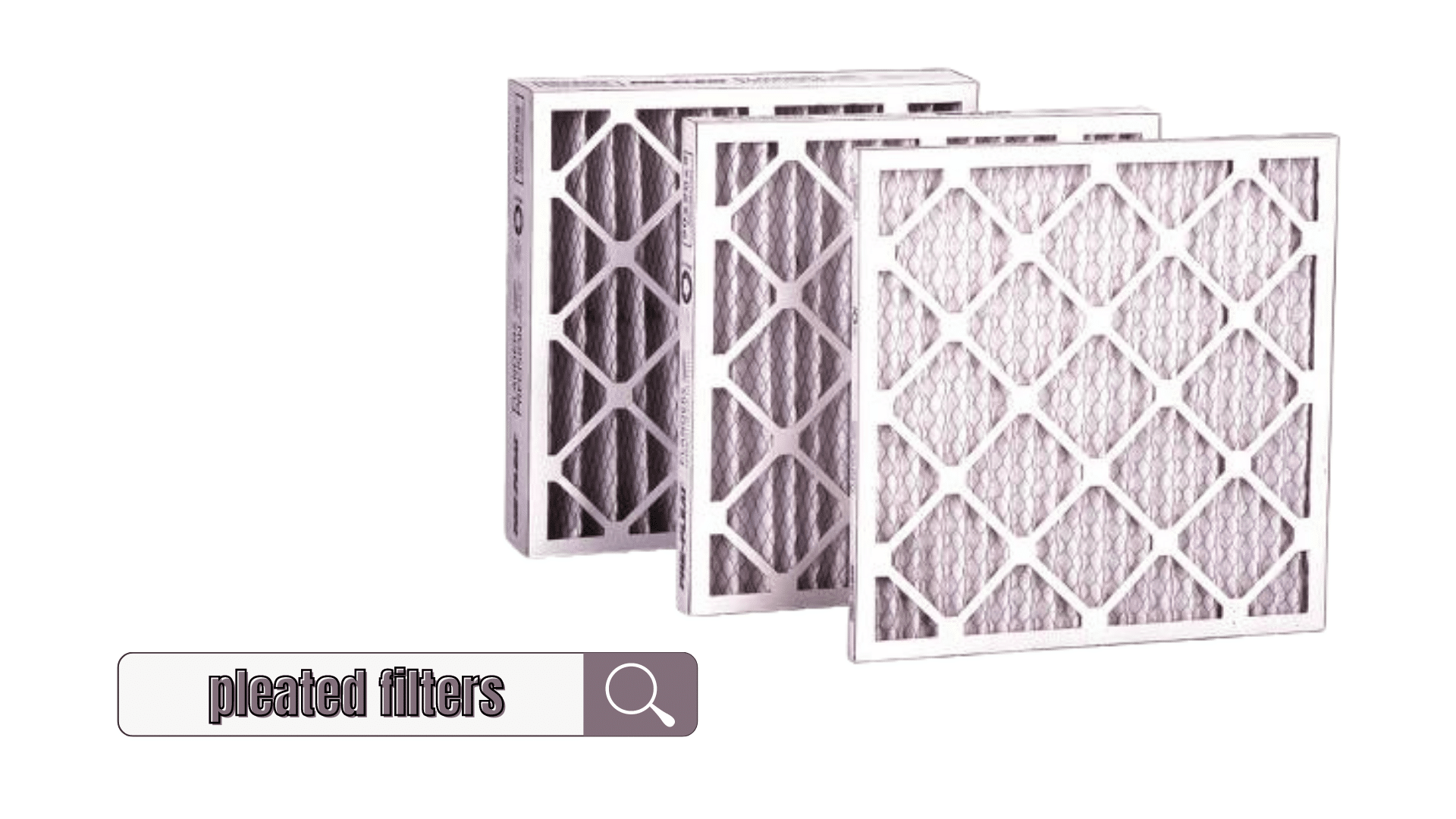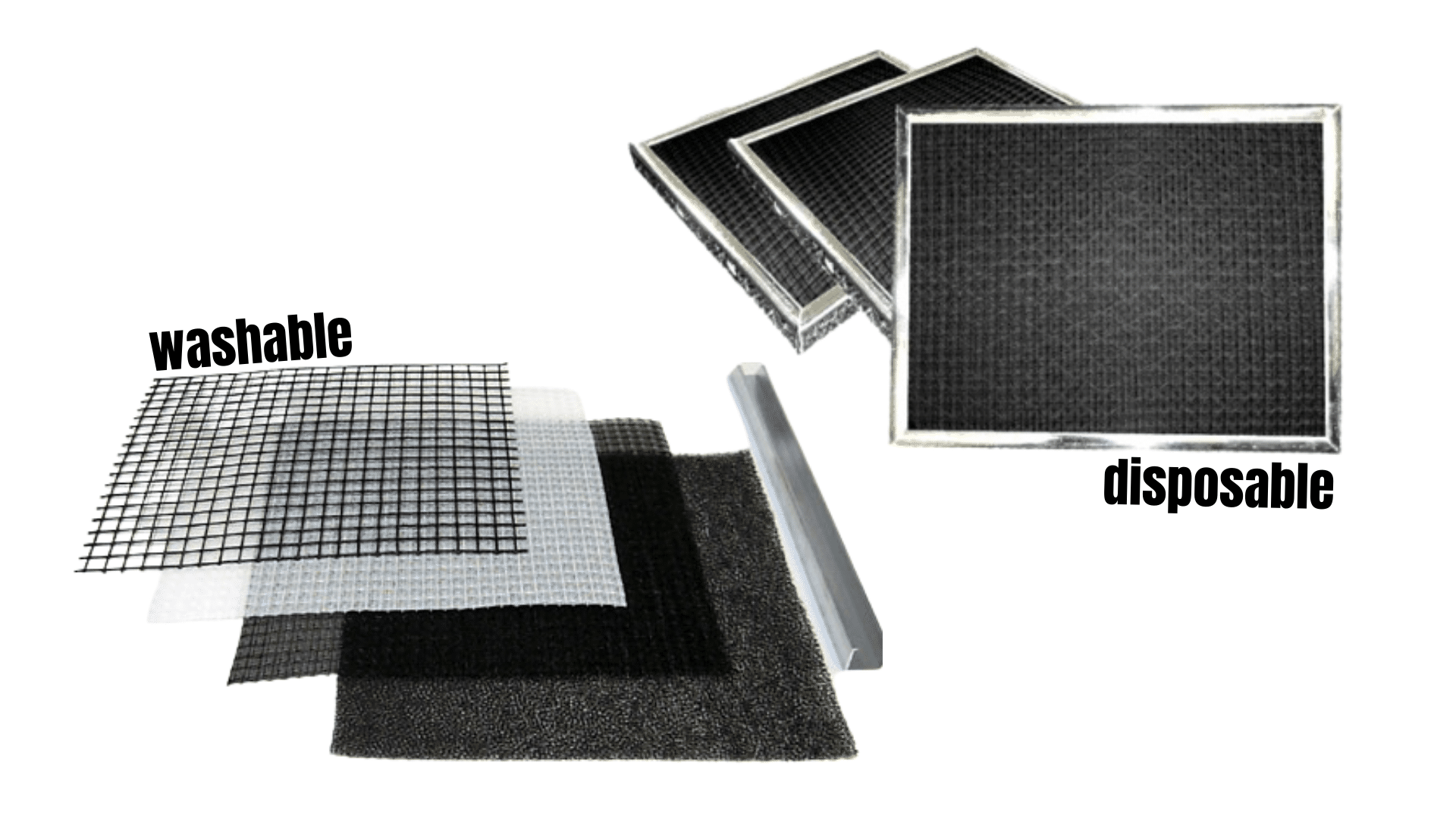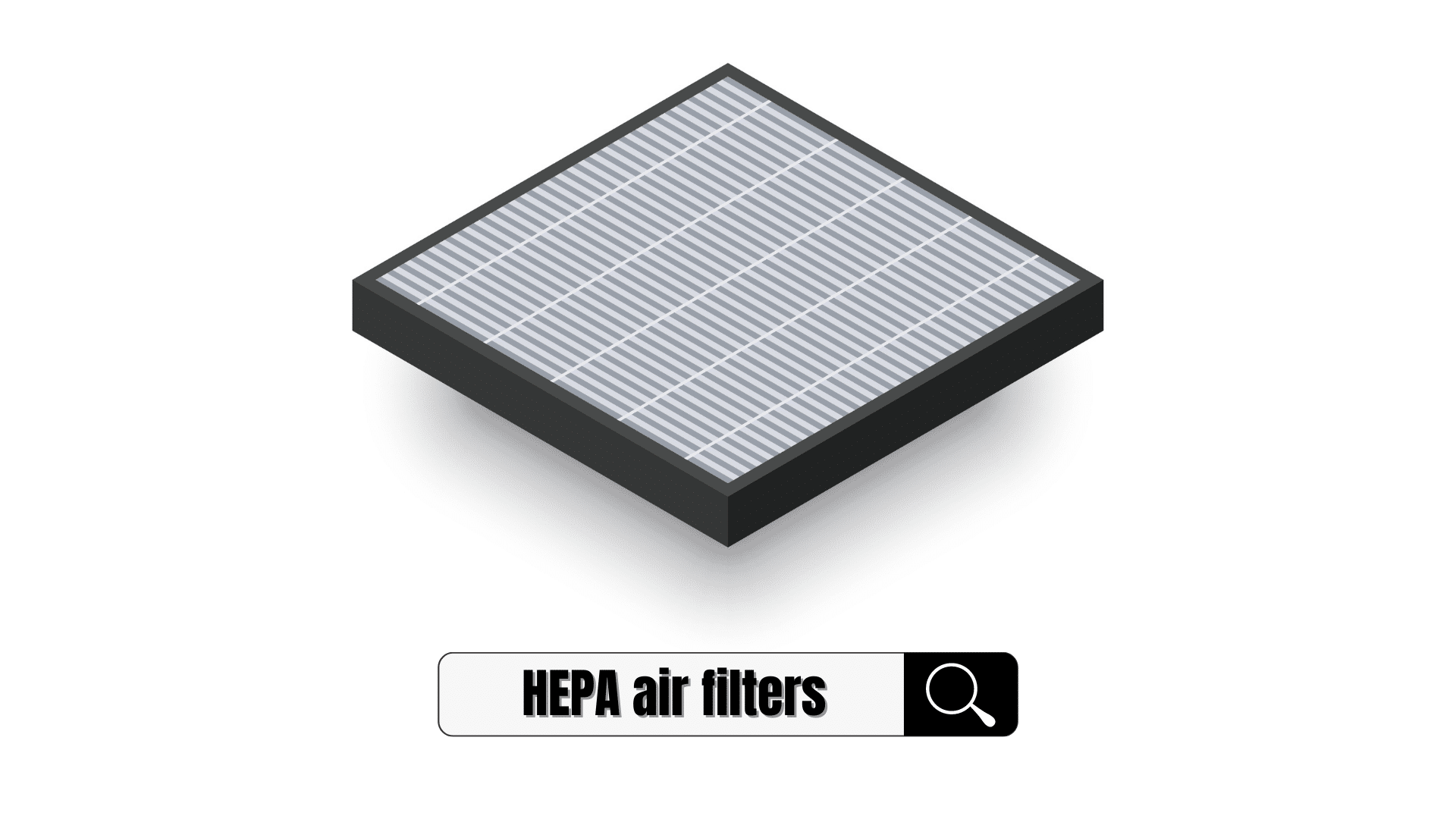Given that there are various furnaces, the same applies to their filters. There is no “one size fits all” for furnace filters, as some filters may not be compatible with specific furnaces or homes.
Regardless, some standard filters prove to be a crowd-favorite choice of many, thanks to their versatility. Now, let’s discuss everything you need to consider in buying furnace filters.
Furnace Filters: A Few Things to Know
Many homeowners tend to overlook the impact of furnace filters in the home. But, it’s a crucial component that determines your energy bill, the heating efficiency of your furnace during the winter months, as well as your family’s health. That said, it’s your responsibility to determine the best kind of furnace filters that suit your home needs.
Before we delve into the different furnace filter types, here are a few things to consider.
MERV Ratings
MERV, which stands for Minimum Efficiency Reporting Value, is a valuable rating to consider in choosing your next furnace filter. It defines the air particles that a filter can pick up, with a higher rating to indicate it collects smaller particles better. (Related: MERV 16 Filters: How Well Do They Keep Viruses and Pollutants Out of Your Home's Air)
In sterile settings such as a hospital, it is common to use filters with high-MERV ratings to ensure excellent air purity. Suppose you live with someone with severe allergies or specific health concerns that your home’s air quality can influence. In that case, opt to pick furnace filters with high MERV ratings. This won’t be cheap, though.
Are Higher MERV Ratings Better?
It is better to choose filters with high MERV ratings when it comes to air quality. But, there are other considerations to keep in mind as well. For most residential settings, standard MERV ratings range between 8 to 11. If anyone in the family struggles with asthma or severe allergies, a 12 MERV rating is ideal.
Important note: As the MERV rating increases, the airflow accordingly goes down– which can impact the furnace’s efficiency in general. It has to work twice as hard just to produce the same airflow.
Electrostatic Filters
Electrostatic filters are one type of furnace filter, available in both disposable and permanent options. If you use an electrostatic filter, it will be more effective at capturing airborne particles.
But, this filter type makes it more of a challenge for a furnace to move air due to its various material composition. This is commonly observed in the permanent electrostatic filters, even when clean.
7 Types of Furnace Filters
Choosing the correct type of furnace filter for your needs entails careful research. This can be a time-consuming, hassle-filled process– so we’ve come up with a brief guide to walk you through the different essential factors you need to consider.
Here are the seven types of furnace filters in the market today.
1. Fiberglass Filters

First, we have disposable fiberglass furnace filters, which are cost-effective. These filters aren’t of the best quality, but they are pretty famous for their affordability.
Fiberglass filters filter large particles (especially during home renovations). However, fine particles may still get through them. It is generally made of fiberglass layers supported by a metal frame.
Pros:
Cons:
2. Pleated Filters

Next, we have disposable pleated filters, which are considered the standard furnace filters used in most homes in the country. This filter type is notably denser than fiberglass material, and their wavy design gives more surface area to trap more dust.
It is made of polyester or cotton material, effective in catching tiny air particles but with higher airflow resistance. The more pleats it has, the more thorough the cleaning is– the tradeoff lies in the reduced airflow.
Pleated filters have higher MERV ratings without requiring you to break the bank. These filters vary in price based on their manufacturer, size, and quality. If you want a high-quality filter at a low cost, this is the best filter type to consider.
Pros:
Cons:
3. Permanent Reusable Filters
Commonly called washable filters, permanent reusable furnace filters are the most cost-effective choice in this list, given proper maintenance. These filters can be vacuumed and washed with water. On average, they can last you up to 5 years if you properly take care of them. Follow a routine checking and cleaning every after three months or so.
Homeowners who don’t want to commit to other options' high costs and maintenance can genuinely benefit from washable furnace filters. Not to mention, this furnace filter type is also notably more environment-friendly. These do not need frequent replacement like that of disposable filters.
And if you have furry friends at home (or other living conditions that contribute to a high amount of dust and air debris), you may wash these filters as often as desired to ensure maximum air purity.
4. Electrostatic Filters

As previously mentioned, electrostatic filters are available in disposable or washable options. These filters utilize an electrostatic charge to trap dust particles like a magnet.
Pros:
Cons:
5. Activated Carbon Filters
An activated carbon filter can efficiently trap foreign particles, gasses, and even odors within its pores. In fact, some activated carbon filters may also trap VOCs or Volatile Organic Compounds– which can be harmful to your health. These filters use either carbon or charcoal to filter the air inside your home.
Pros:
Cons:
6. UV Filters
Although uncommonly used in homes, UV filters kill bacteria, microbes, and other viruses in the air using ultraviolet light. However, these filters are still not considered ideal for air cleaning purposes.
But if you live with someone with a compromised immune system, you can count on a UV filter to help protect their health.
7. HEPA Air Filters

A HEPA filter, which stands for High-Efficiency Particulate Air, usually has a MERV rating of 17 to 20. Regardless, this filter’s required density for this filtration level may not be suitable for a residential HVAC system. It may only affect the system's efficiency and lead to further damage. Homeowners who feel the need for HEPA filtration may be better off getting a separate filter system from the furnace.
These air filters are composed of interlaced glass fibers woven together tightly. And as foreign particles pass through, any debris is removed through diffusion, direct impact, or sieving.
Another thing to note is that HEPA air filters can be rather costly. But, it’s an excellent investment if you have any family members dealing with asthma or other respiratory illnesses.
Pros:
Cons:
How to Choose the Right Furnace Filter for your Home Needs
Your lifestyle and preferences determine which type of furnace filter best suits your home at the end of the day. Here are some factors to keep in mind:
Important note: Keep in mind that choosing the wrong furnace filter may lead to poor furnace efficiency (or failure– in worse case scenarios).
That said, make a habit out of browsing all your available options before narrowing down your search to pick the best choice.
Ultimately, your chosen furnace filter will have a significant impact on your health and the condition of your HVAC system. Now that we’ve covered the different filter types– we hope you’ll figure out the most suitable option for your needs.
